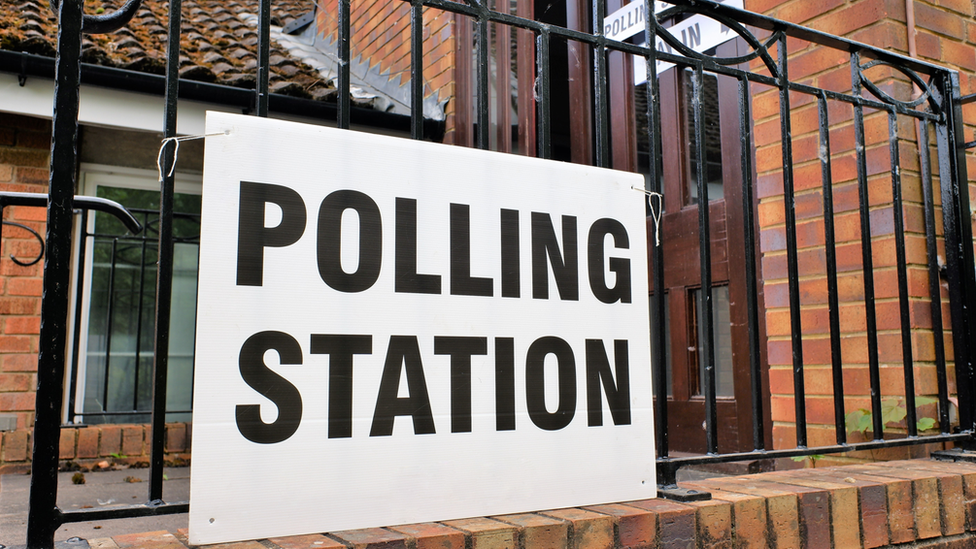England local elections 2023: The rise of the independents
- Published

The South East has seen a rise in independent councillors and residents' associations in recent years. BBC South East Political Editor Charlotte Wright takes a look at what's behind it.
With local election polling day just around the corner, political activists are pounding the pavements, stuffing leaflets through letterboxes and knocking on doors for "a quick chat".
Over the past weeks, BBC South East has heard from the Labour, Liberal Democrat and Green Party leaders, all trying to drum up support for their council candidates, and we will hear from senior Conservatives in the coming days.
But there is also a group of hopefuls across the region who, by their very nature, do not have national party leaders to campaign on their behalf - independents.
Last time most of these seats were contested in 2019, we saw an increase in the number of successful independent candidates who are not part of traditional political parties.
Currently, five district councils in Kent, Sussex and Surrey have a leader who is independent or belongs to a residents' association.
In a further five councils in the region, they form part of a coalition of parties in charge.
The leader of the Rother Association of Independents, Doug Oliver, said it was because they have an alternative offer to national party politics.
In 2019, the Conservatives lost control of Rother District Council for the first time in 20 years. Since then the Rother Association of Independents has been in charge, in coalition with Labour, the Liberal Democrats and the Green Party.
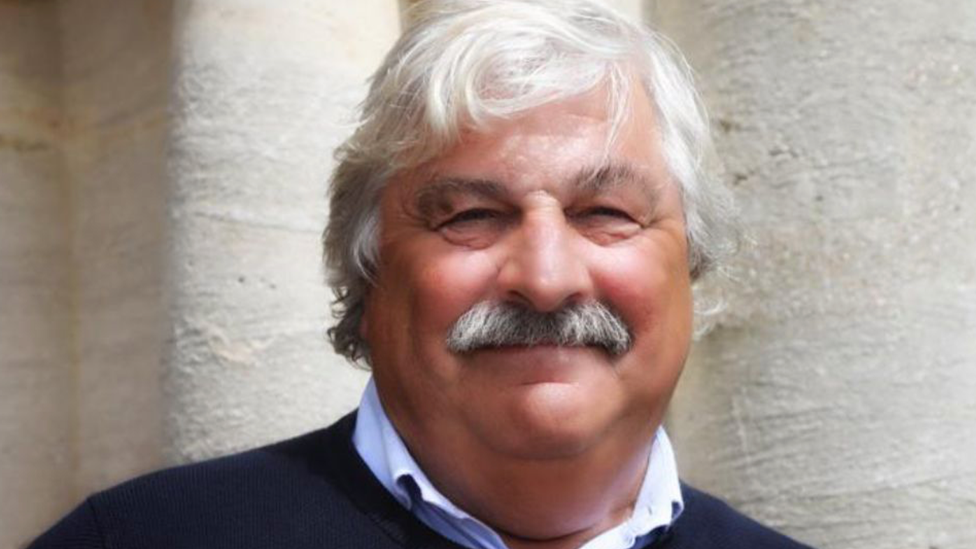
Doug Oliver believes independent candidates offer voters an alternative to mainstream politics
I asked Mr Oliver how residents know what they are voting for, when the group pride themselves on not having a party line to follow.
"We put people before party politics," he said. "We listen to people. At the end of the day, it's reflecting the wishes of your residents."
In the South East, planning and housing has certainly played a key role.
Surrey has seen an increase in residents' associations, made up of non-party political councillors whose main aim is to fight what they see as over-development in their area.
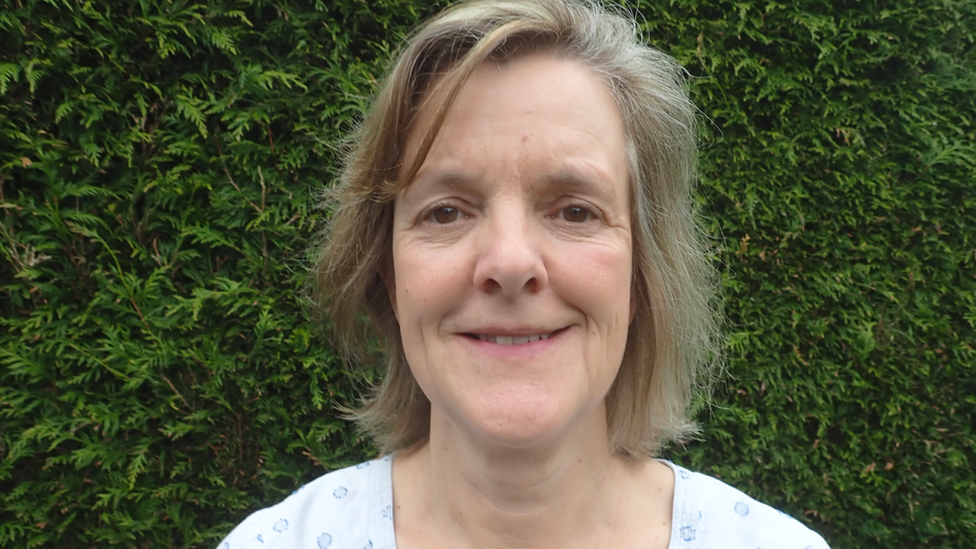
Catherine Sayer says independent councillors can be more aware of local concerns
Tandridge District Council has been run by a coalition of the Oxted and Limpsfield Residents' Group Alliance and independent councillors since 2019.
The group leader, Catherine Sayer, said residents' association candidates "look at things from a local perspective and they're aware of local priorities".
"They understand on a grassroots level what people want."
But if their purpose is to fight development, will they ever deliver the housing needed?
"We are still constrained by whatever the government wants us to do, so we have to meet national targets," she said.
"It's just that we've got the flexibility to push more for what we think the district wants."
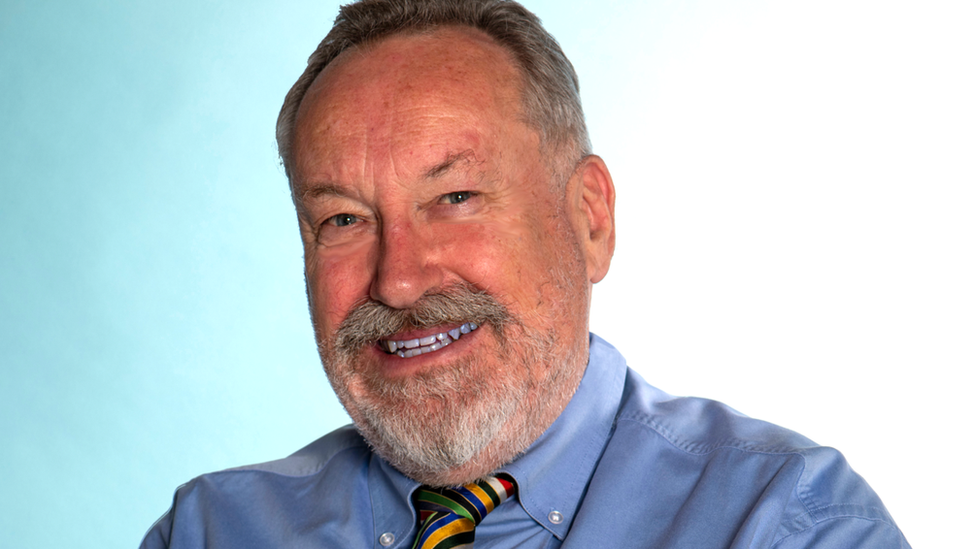
David Hayward's Tunbridge Wells Alliance runs the district in partnership with the Liberal Democrats
The Tunbridge Wells Alliance was created to oppose a controversial theatre development in the town. The plans were defeated in 2019, but the group carried on.
"We realised we were effective," the group's leader, David Hayward, said.
"We looked around and thought we've got some skill here and don't like other things that have been going on."
Three councillors left the group in 2020, including one defection to the Conservatives, but he said there was now "consensus" between the group's members.
Last year, in partnership with the Liberal Democrats and Labour, they took over the running of the council.

Mike Baldock says voters now have a much wider range of options at elections
Swale Borough Council is also run by a coalition of two different independent groups and Labour, Liberal Democrats and the Green Party.
Mike Baldock, from the Swale Independents Alliance, believes they have been helped by the rise of smaller parties over the past 10 - 15 years.
"People don't feel bound to the Labour or Conservative vote," he said.
"They've started to look at options and one option is the independents."
Many of these council seats were last contested in 2019, when the national political landscape was very different, as Sarah Calkin, the editor of the Local Government Chronicle explained: "There was disillusionment with national politics [in 2019].
"At the time Theresa May was trying to get her Brexit deal through and Labour was still led by Jeremy Corbyn, which was alienating a lot of traditional Labour voters."
According to the Local Government Chronicle's research, it was that context, coupled with concerns around planning, that suppressed the Conservative and Labour vote.
This year, both parties have new leaders and there are different issues on the national agenda. With relatively low support four years ago, will now be their opportunity to claw back some seats?
Or are we seeing the start of a trend towards independent-run councils?
We will have a better idea after polling day on 4 May.
Full lists of candidates standing in local elections across the South East can be found here.

Follow BBC South East on Facebook, external, on Twitter, external, and on Instagram, external. Send your story ideas to southeasttoday@bbc.co.uk, external.
- Published27 April 2023
- Published4 April 2023
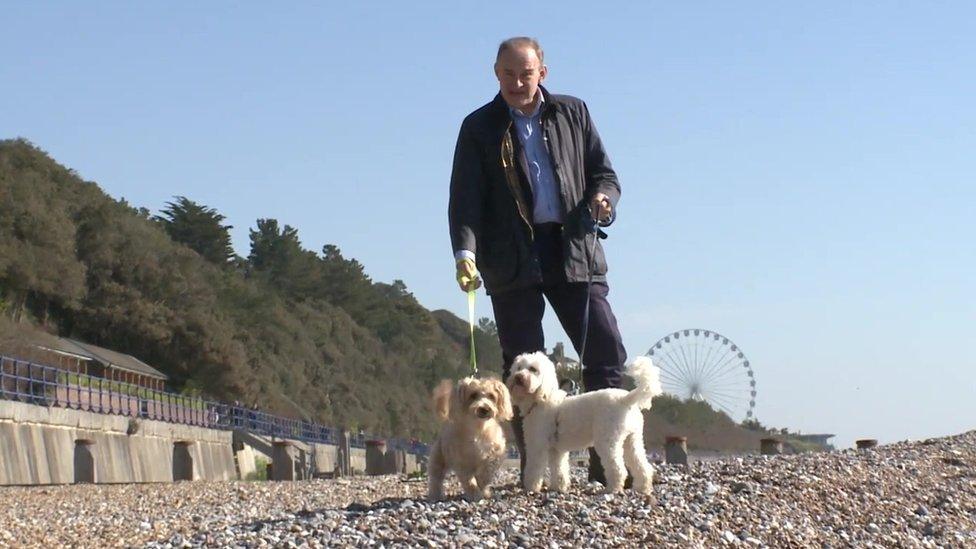
- Published1 April 2023
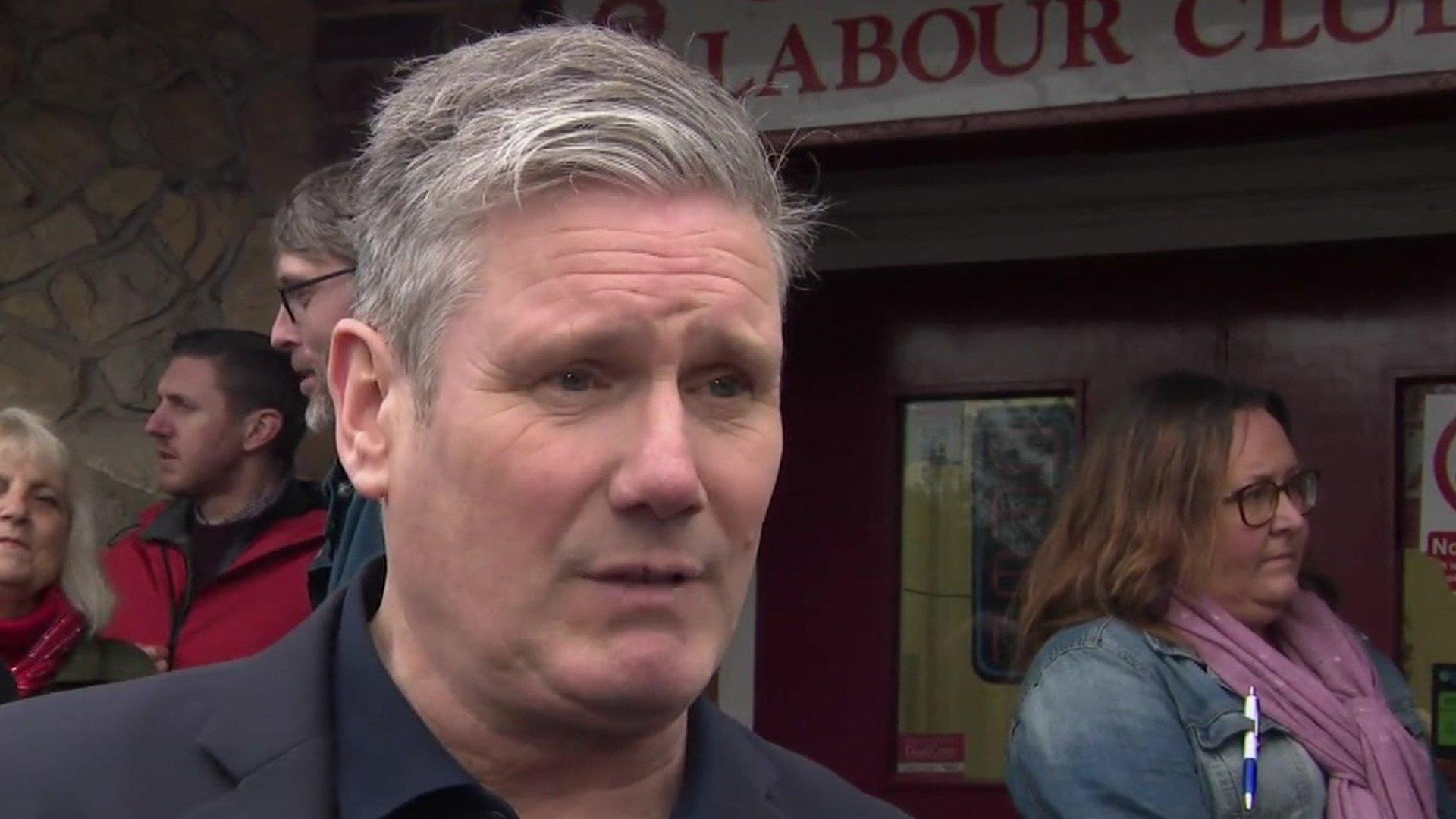
- Published26 April 2023
